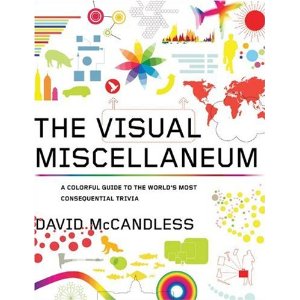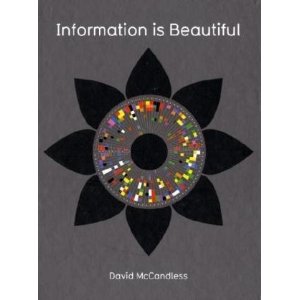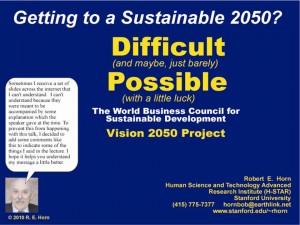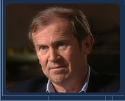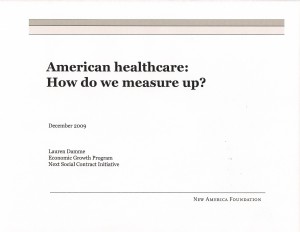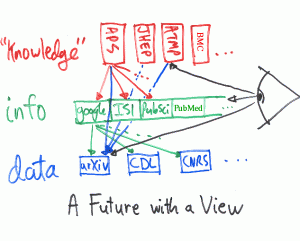
About this talk
David McCandless turns complex data sets (like worldwide military spending, media buzz, Facebook status updates) into beautiful, simple diagrams that tease out unseen patterns and connections. Good design, he suggests, is the best way to navigate information glut — and it may just change the way we see the world.
About David McCandless
David McCandless draws beautiful conclusions from complex datasets — thus revealing unexpected insights into our world. Full bio and more links
Phi Beta Iota: “Mining” the soil does not go far. Actually planting, tilling, watering, and growing is much more powerful. This is one of the most compelling TED briefs we have seen. “Language of the eye” combined with “language of the mind.” All about “relative” numbers and relationships. “Let the data set change your mindset.” Art of knowledge compression. Living data in a Google document. If you visit his books at Amazon, take the time to check out the related books on data visualization that Amazon clusters for around these.
Tip of the Hat to Magnus Hultberg at LinkedIn. Also see these resources.
David McCandless' two books:
